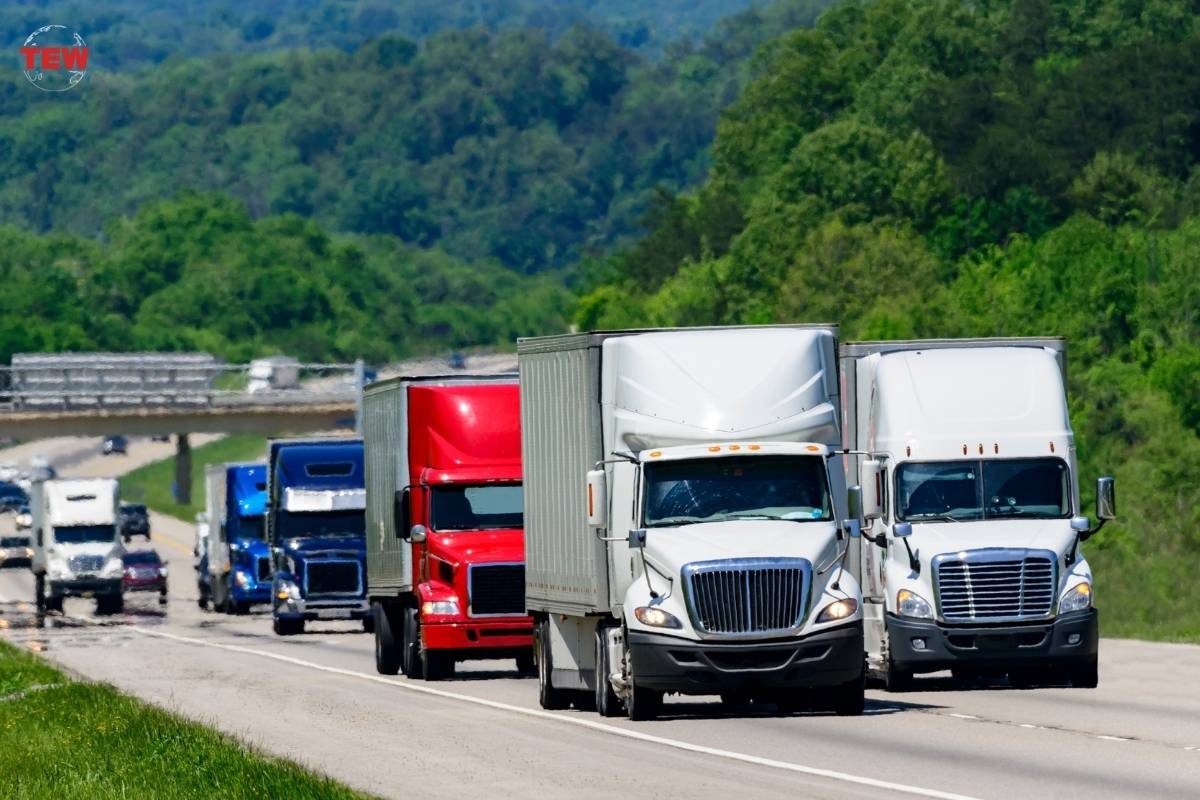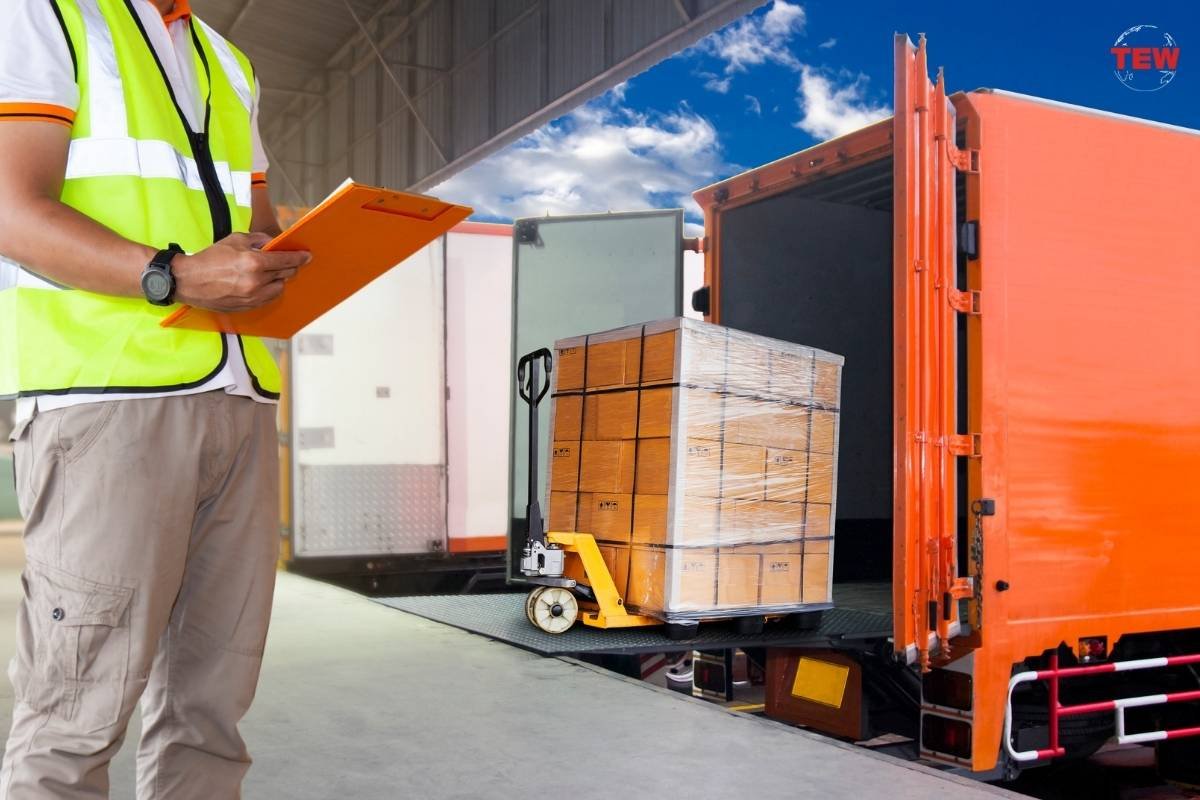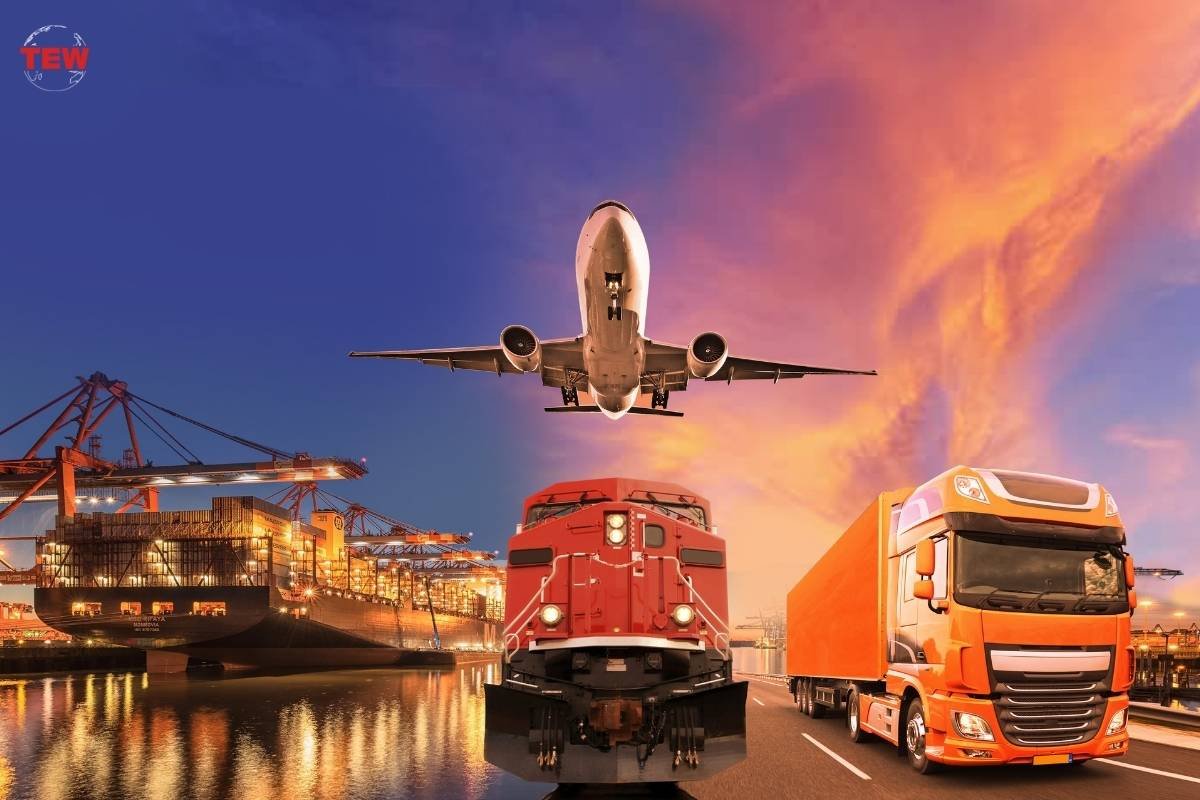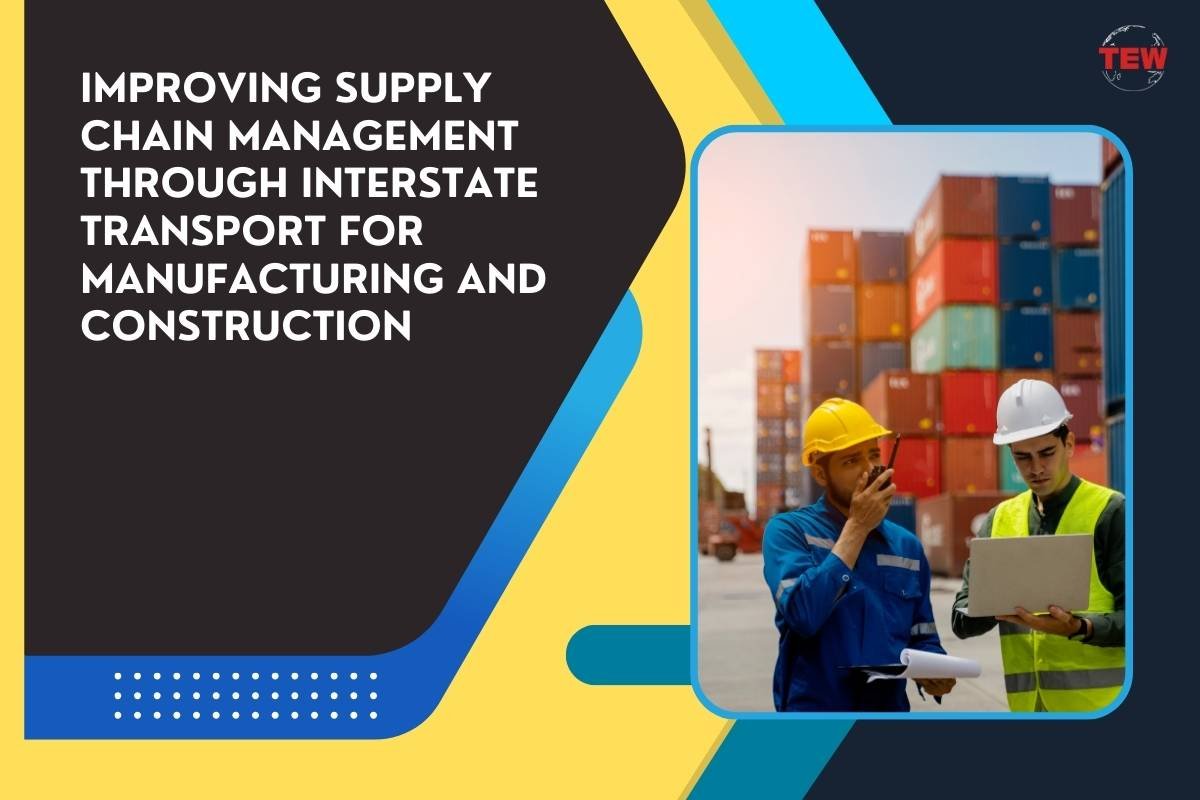The success of the manufacturing and construction industries is almost entirely dependent on the management of the supply chain. What efficient management looks like is timely delivery of materials, costs coming down, and general overall productivity increases.
Within the supply chain, interstate transport is playing a hugely important role and is directly impacting the quality of operations in these sectors.
The Role of Interstate Transport

Interstate transport involves the movement of raw materials and components, as well as the finished products, across state boundaries. In nations as large as Australia and the US, the efficiency of interstate transport has a profound impact on operational timelines and logistics planning.
Timely delivery of materials is everything. It’s the difference of whether you meet project deadlines and maintain a smooth flow of operations. Delayed or inconsistent transportation can lead to production bottlenecks and increased costs. Or, worse, customers that begin to lose trust.
On the other hand, a well-managed interstate transport system ensures the availability of materials when and where they are needed, enabling manufacturers and construction companies to really optimise their inventory levels. This impacts their ability to scale up too.
Key Factors for Enhancing Interstate Transportation

To enhance interstate transportation, a few different key factors must be considered. Route optimisation is essential for minimising travel time and fuel consumption while ensuring timely deliveries. This is a focus on removing redundancy and balancing fuel costs with traffic restrictions, for example.
Regular vehicle maintenance is the bread and butter. It’s a prerequisite for preventing breakdowns and delays, but also passing safety compliance and keeping drivers happy.
It’s becoming clear that the utilisation of modern tech is the real battleground for efficient interstate transport. In order to optimise route planning, for example, you will need GPS tracking and real-time data analytics. But, this data then opens you up to other metrics and pattern recognition, and ultimately take an empirical approach. For example, we can now better test the actual efficiency of our strategies and compare them, as opposed to blindly following industry best practices.
Compliance is also make or break for companies, so it’s important to stay up-to-date with changing regulations (particularly as technology is causing faster updates) and ensure that drivers and vehicles meet all necessary certifications.
Challenges and Solutions

Despite the importance of interstate transport in supply chain management, companies are facing a few different challenges. Fluctuating fuel costs, particularly since the conflicts in Ukraine and the Middle East, has significantly impacted transportation budgets. It’s not just the budgets or real costs, but the difficulty in now forecasting them, which forces higher contingency, lower leveraging, and thus a more conservative approach to scaling up.
The growing unpredictability of weather conditions is also problematic, as weather can change quickly and cause unforeseen delays – not to mention the more severe disasters, such as wildfires.
Depending on the country, interstate regulations and compliance requirements can also red tape issues for companies operating across multiple states. To overcome these challenges, businesses can consider forming strategic partnerships with experienced logistics companies that have a strong network and expertise in interstate transportation. Fleet upgrades may be worthwhile if the efficiency gains are good enough, or if the reduction in maintenance costs make it cheaper in the long run.
Conclusion
Improving interstate transport is really important right now for effective supply chain management. The new threats of unstable prices, volatile labour markets and difficult weather have made route planning and the innovative usage of data all the more important to forecast more accurately.




